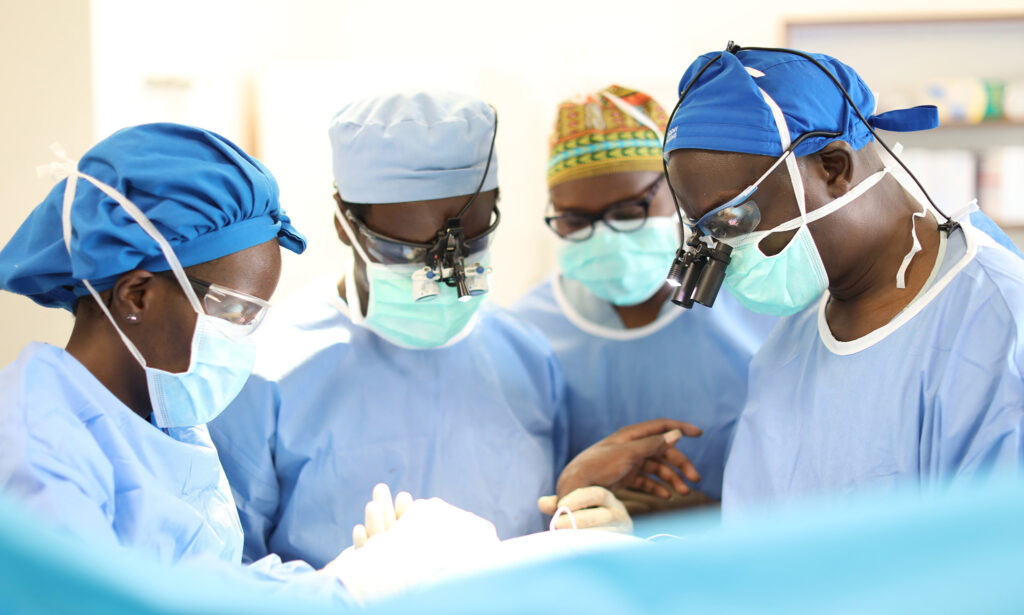
Coronavirus Report (Part 3/3)
Part 3: The Day After COVID
I think often about the day after the crisis. What position are we in the day after this ends? Have we deepened relationships? Have we reached people we care about? Have we built trust and credibility? Are we doing things that will be a foundation for the future?
Since early 2017, we’ve been planning and fundraising for a Kijabe Hospital Operating Theatre Expansion project. We broke ground the week before the crisis hit, and it is still moving forward. Hospitals are considered essential services, and workers are outside and generally keeping a standard of social distance anyone could accept. We prepaid the contractor for materials and were several months ahead of schedule on fundraising.
I can’t help but marvel at the timing. The two biggest problem points were going to be closing three 3 operating rooms during construction and finding oxygen supply for the additional patient capacity. It could be that these two largest problems will be solved ONLY because of the COVID crisis, and that when we come back “online” it will be with 15 operating rooms rather than 9.
Yes, there is always the possibility Kijabe won’t survive the COVID-19 pandemic. Maybe the financial status will become too impossible, the doors will close, staff will move on, and my family will pack for home.
But if the worst-case doesn’t happen, the critical question to ask is how we can use this time of “survival” to position ourselves to thrive afterward – not in a selfish sense, but in fulfilling a call to provide the best medical care and education in East Africa, to God’s glory.
I generally think of positioning through the AIC Kijabe Hospital or Friends of Kijabe frame, but repositioning is true for family and friendships as well. How often will I spend hours upon hours playing games with my teenage children? When better to sit down with Madeline to teach her about investing than in a down-market (buy-low, sell-high, she tells me she learned this from a musical!)? How often will my friends be available for texts and Marco Polo messages on a daily basis? This is a special time.
I think it’s entirely possible to emerge stronger. Amidst all the fears, I’m thrilled about the possibilities.
My friend Ken Muma talks about the honor of being a leader at such a time as this. He says he grew up hearing stories of the Mau Mau (Kenyan freedom fighters) and wondered if there would ever be something comparable for our generation. This is a time that will define lives and legacies.
Every time I look at my girls in the sewing workshop, I think about Rosie the Riveter on the famous WWII posters. I don’t yet know if Madeline and Annabelle can understand the significance of their contribution, but this is a time they will remember forever, a time when they learn they can be part of a cause much bigger than themselves.
There are similar lessons for all of us, about what it means to be human, what it means to serve, about self-sacrifice, about following Christ. Like all good lessons, they can be learned only in difficulty, pain, uncertainty, and surrounded by death. We don’t want to face hard truths. We don’t ask to engage the uncertainty. But life requires us to rise to the occasion and we are offered the same choice as the ancients, to shrink back in fear or move forward in faith:
“But my righteous one will live by faith. And I take no pleasure in the one who shrinks back.” But we do not belong to those who shrink back and are destroyed, but to those who have faith and are saved.” Hebrews 10:28-29
Jewish faith, and later Christianity, was born amidst plagues, death, and extreme fear. . .with leaders who would (usually) engage the fear with faith, rather than hiding from it. The stories are brilliant and powerful, and as two rabbis remind in an article I came across recently, appropriate for times like ours.
“One of the things we think about at Passover is that the story takes place in the setting of quarantine. The first Passover meal, the Jewish people—the Israelites—were quarantined in Egypt as the 10th plague was passing over Egypt. I mean literally the holiday began with isolation and with people knowing that outside was death.” – Mark Blazer
“Passover is the story of the world turning upside down. We went into Egypt, and things turned upside down, and we entered the wilderness, and things turned upside down again. More than any Passover in recent memory, people feel that this did not just happen to our ancestors thousands of years ago. The feeling of the Passover story is the feeling of our people today.” – Aaron Miller
Where were the Israelites the day after Passover? Walking through the water, on dry land. They did not know how they would be saved, but they moved forward in faith, and God went before them and with them. The rest, quite literally, is history.
Where will we be the day after COVID-19? The best we can hope for is the same as the ancestors: following God in faith, blessing people along the way, moving toward places that have been prepared for us.
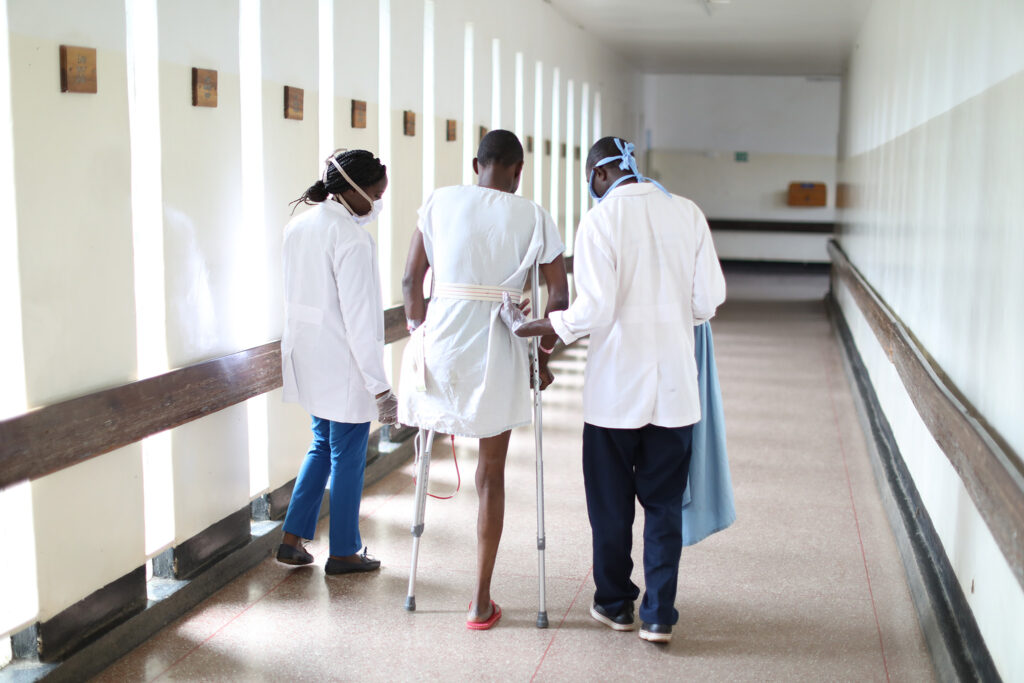
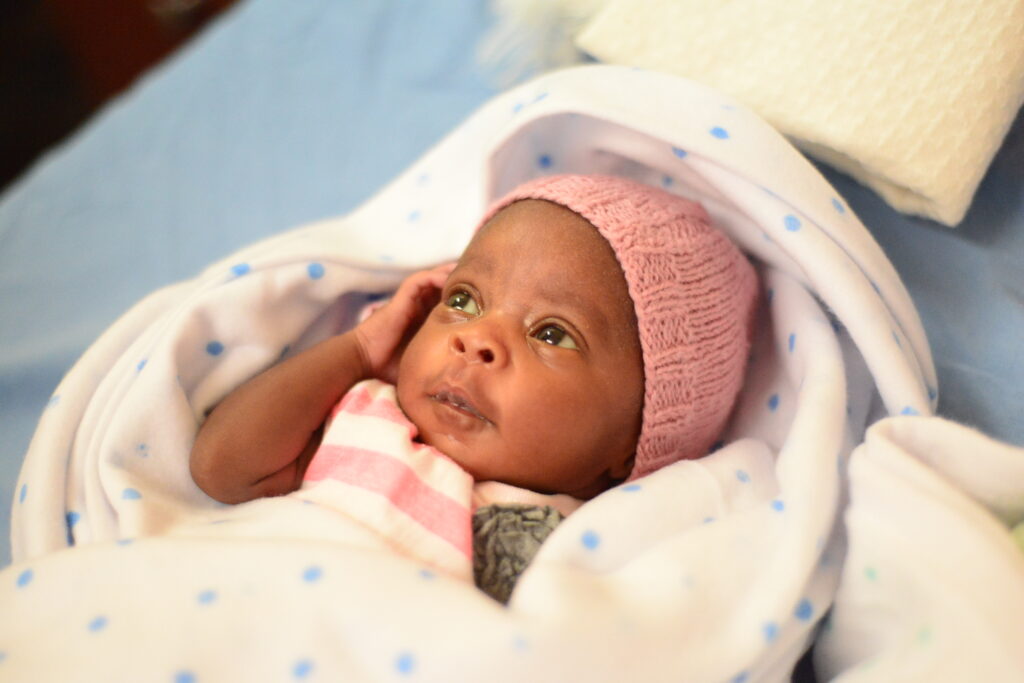
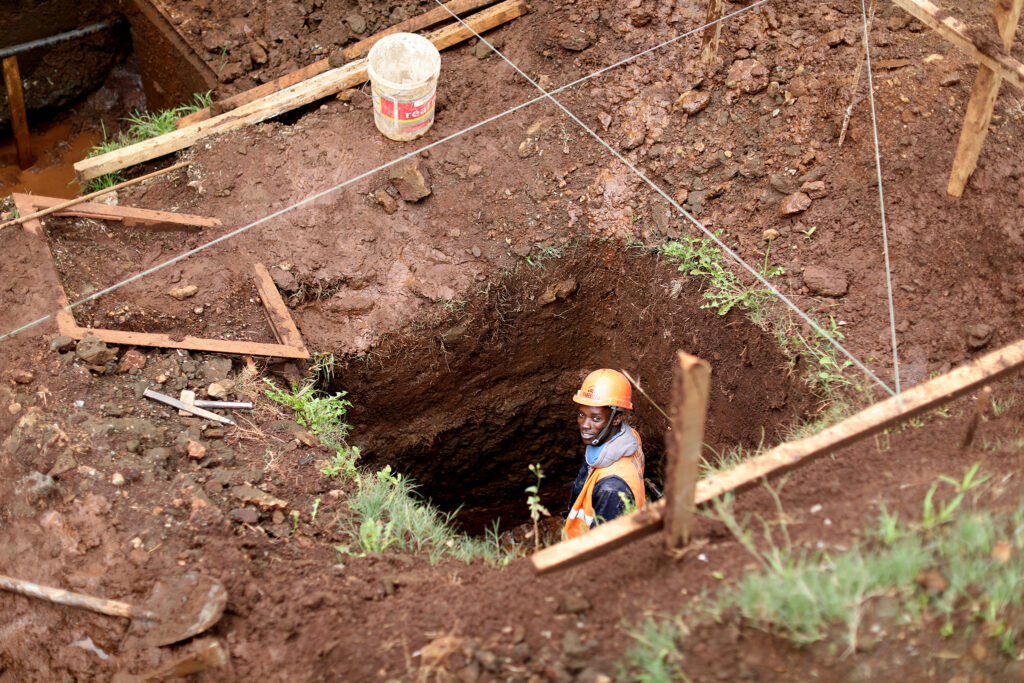
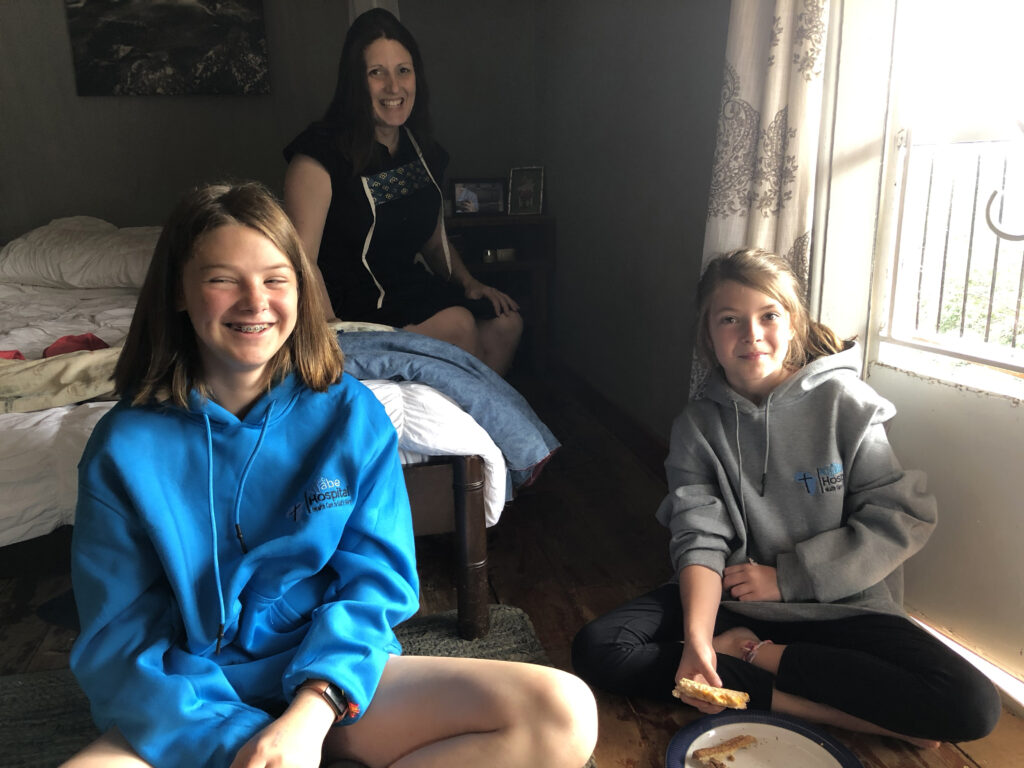
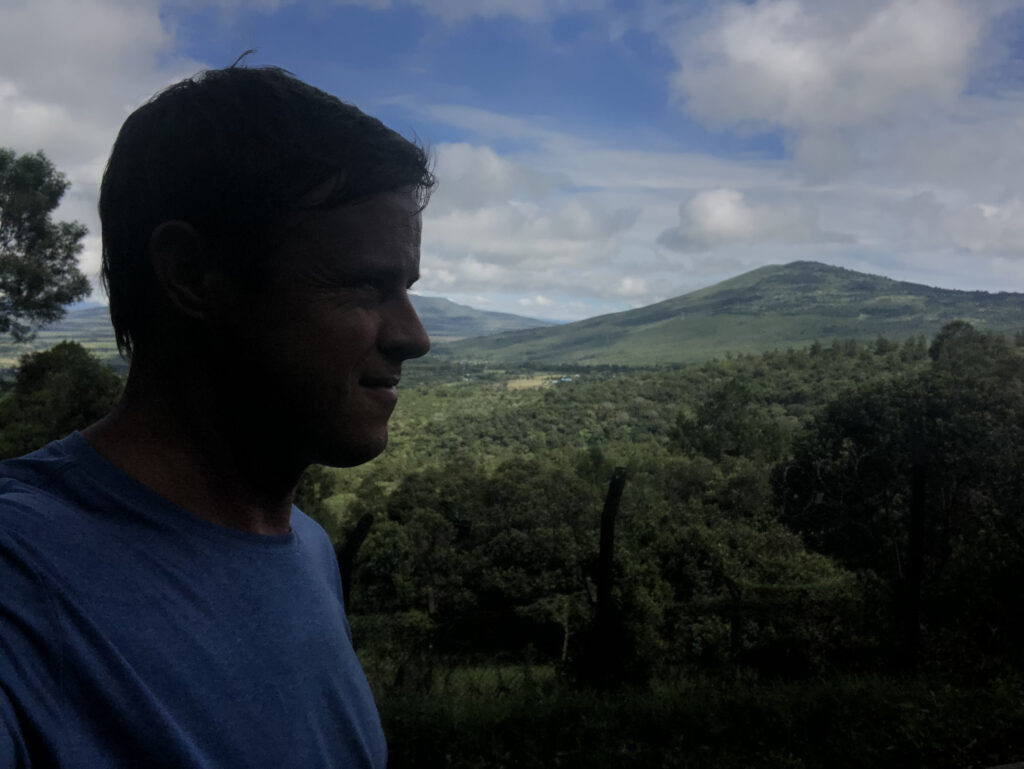
1 thought on “Coronavirus Report (Part 3/3)”
Comments are closed.
I HAVE FAITH
I HAVE NO SKILL
I HAVE FAITH
I HAVE NO WEALTH
YOU HAVE FAITH
YOUR TRAINING AND WILL
YOU HAVE FAITH
YOU RESTORE HEALTH
WE HAVE FAITH
GOD CALLS EACH ONE
WE HAVE FAITH
HIS WILL BE DONE